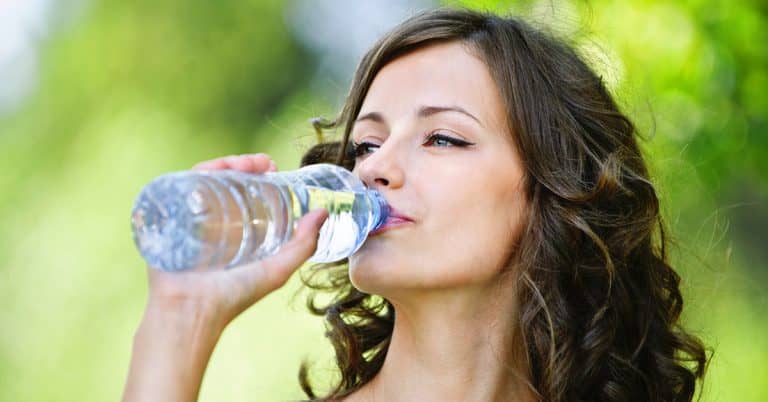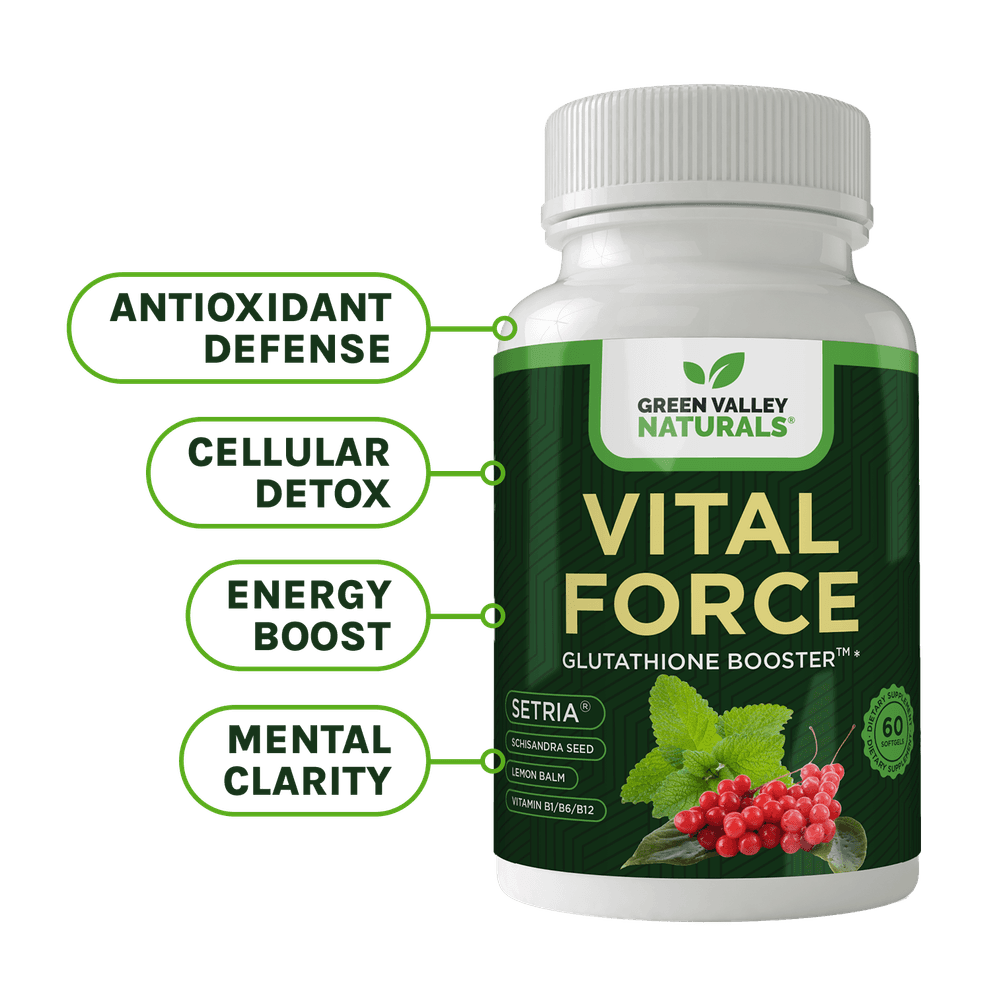
On July 13th former President Jimmy Carter was rushed to a hospital suffering from dehydration.
Of course, not many 92-year-olds spend over an hour laboring in sweltering conditions using a handsaw to cut wood for Habitat for Humanity.
A spokesperson said the President “encourages everyone to stay hydrated…”
I guess he learned the hard way. But it’s excellent advice, and the key word there is everyone.
It’s not just people in their 90s who need to keep up their fluid intake. It applies to people of all ages and in all weathers. But for those of us over 50 especially, not taking in enough liquids can put our health at risk.
You Are Mostly Water
Water makes up 75% (infants) to 55% (elderly) of our body weight and performs wide ranging functions such as maintaining body temperature, transporting chemicals, hormones and nutrients throughout the body, carrying away waste, lubricating the intestines, eyes and joints, and more.
A review by researchers at Tufts University and the University of North Carolina described water as “undoubtedly the most important nutrient and the only one whose absence will be lethal within days.”
It’s so essential that the Institute of Medicine recommends 3.7 liters (15.6 eight-ounce cups) of liquids a day for men and 2.7 liters (11.4 cups) for women. About one-fifth of this comes from food in the typical American diet, which means men and women should be consuming the equivalent of 13 and 9 cups of fluids a day, respectively.
That’s quite a lot of liquid. If the researchers are right about the daily intake, it’s no surprise that many people are simply not getting enough.
In a study of 185 older adults who visited an emergency department, chronic dehydration was present in almost half of them. The authors concluded that “many older adults may suffer from unrecognized dehydration.”
That’s because older people experience a weaker sensation of thirst and therefore drink less. They may be dehydrated without realizing it.
Aging dampens the message from the body’s main thirst center in the brain — the hypothalamus. Aging may also affect a number of other sensors in the body, such as the pituitary gland and the kidneys, that regulate water balance.
Scientists at the Centers for Disease Control and Prevention surveyed 3,397 adults and discovered that seven percent never drank water, and just over a third (36%) only drank one to three cups a day.
Hard for me to believe. I’m probably pretty close to the 13 cups the Institute for Medicine urges.
The CDC study found that “The likelihood of drinking less than four cups of water daily was significantly higher among participants aged 55 years or older.”
Health Problems Caused By Dehydration
According to the American researchers’ review, dehydration may:
- harm the kidneys
- lead to a sudden drop in blood pressure when standing up from a sitting or lying position which may be experienced as dizziness
- increase stroke risk
- cause abnormal fatigue
- impair responses to heat and cold
- increase irritability
- disrupt mood, concentration, alertness and short-term memory
- be a risk factor in delirium presenting as dementia
- cause constipation
- increase the intensity and duration of headaches
- trigger and prolong migraines
- lessen the thickness and density of the skin
They also say that good hydration is associated with reductions in urinary tract infections, high blood pressure, fatal coronary heart disease, blood clots in the veins and damaged blood vessels in the brain.
In order to avoid the health problems that come with dehydration, the researchers urge older people to learn to drink regularly even when they don’t feel thirsty.
Staying Hydrated
If you’re saddled with unreliable thirst sensors, the only way to stay hydrated is to get into the habit of drinking regularly throughout the day.
On top of hot and cold beverages, it’s best to aim for six to eight glasses of water a day. Caffeinated drinks like coffee and tea are diuretics – they increase urination – so they shouldn’t be fully counted as part of your liquid intake.
Many foods contribute to higher levels of hydration because they are mostly water; particularly fruits and vegetables.
Those that are 90-99% water include cantaloupe, watermelon, strawberries, spinach, cabbage, celery, lettuce and cooked squash.
Apples, pears, grapes, pineapples, oranges, carrots and cooked broccoli are 80-89% water.
One simple self-check is the color of urine. It should be a pale straw color (unless you are taking supplements that include high levels of vitamin B2). If it is any darker, it’s a signal to top up with a glass of water.

